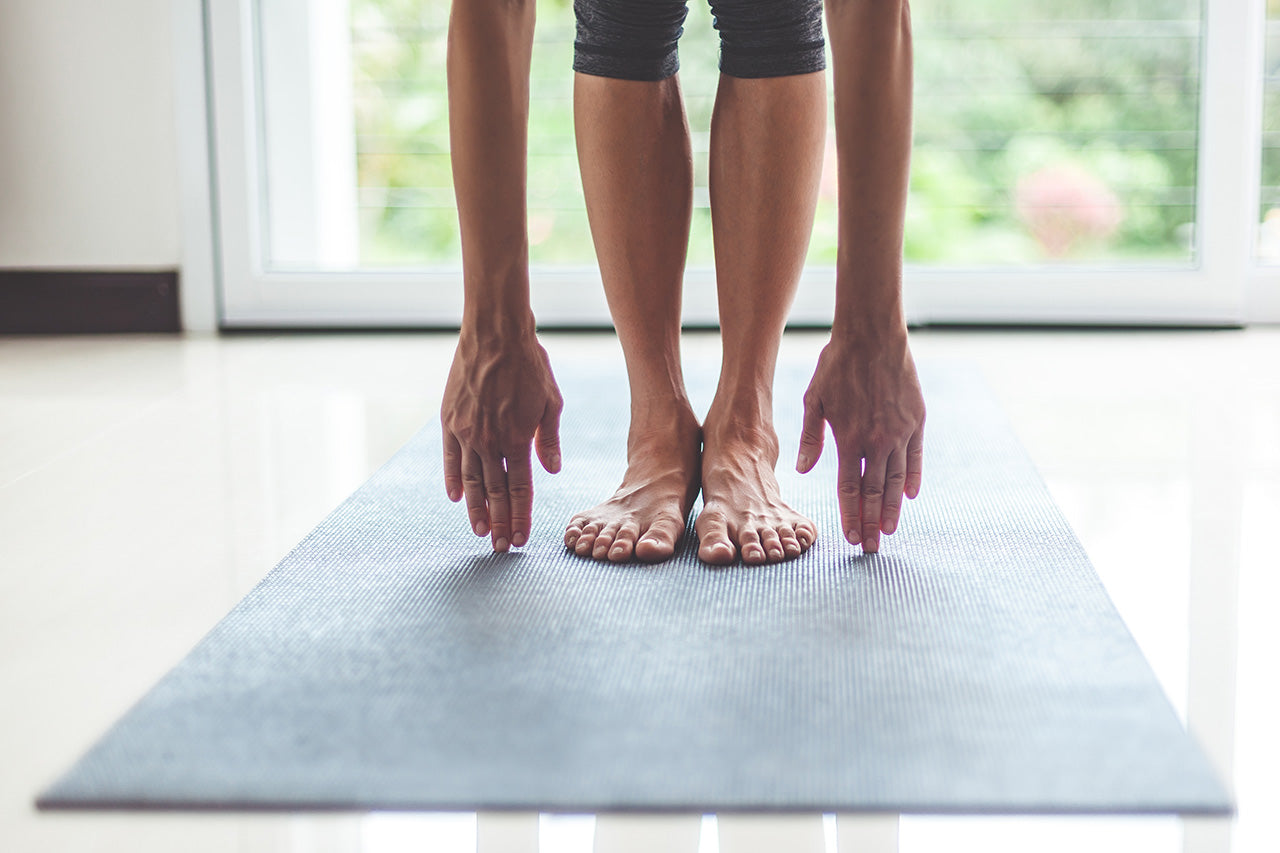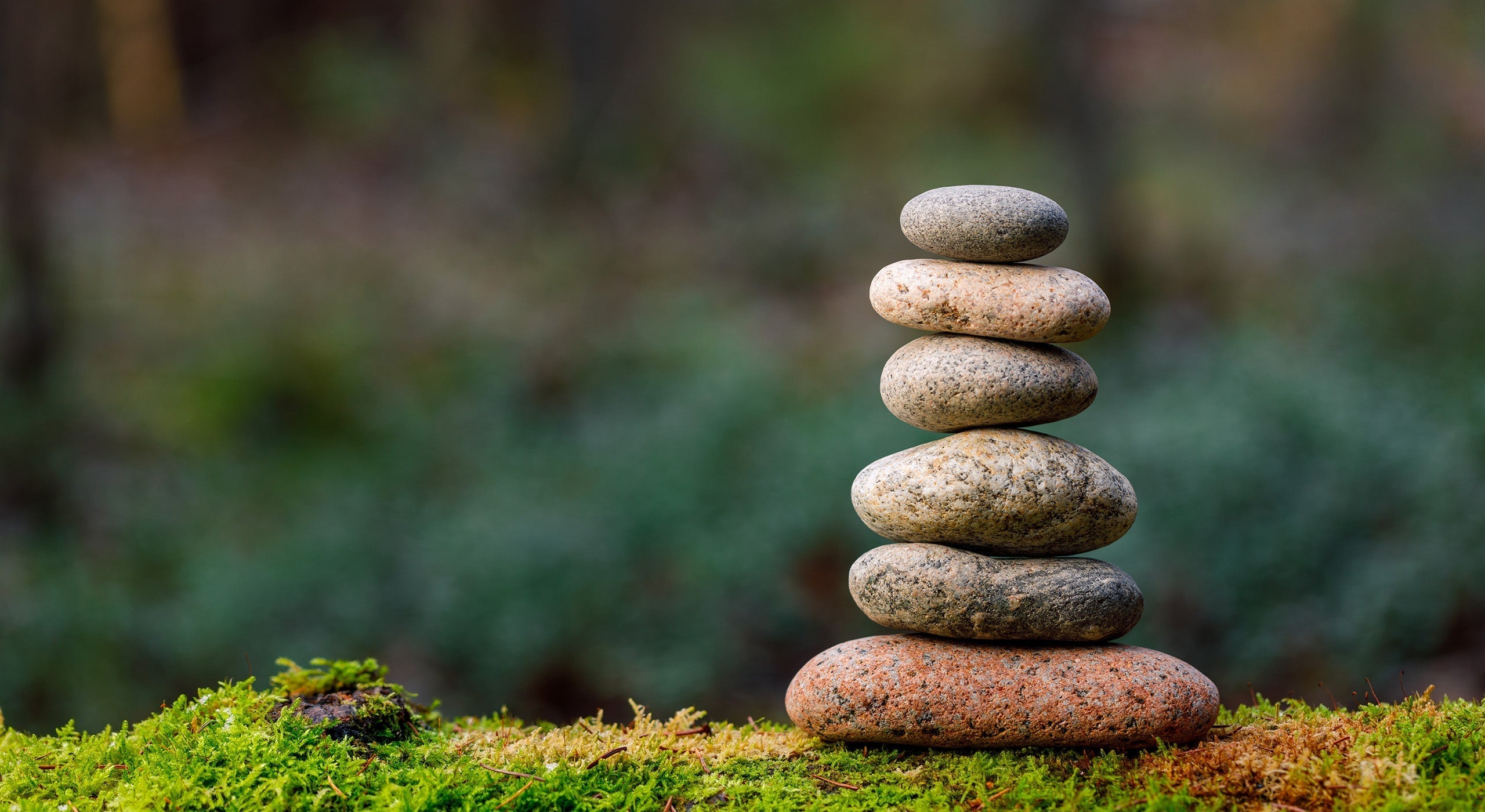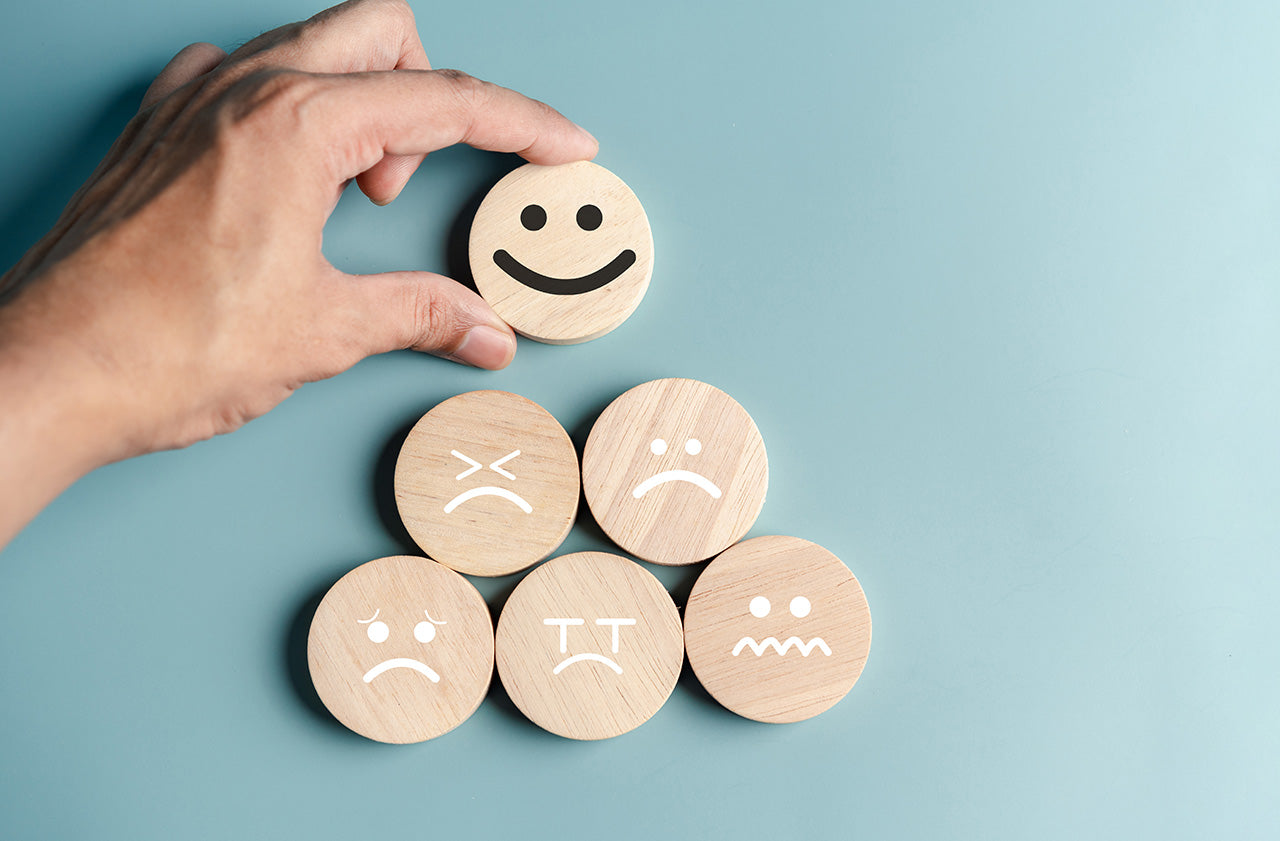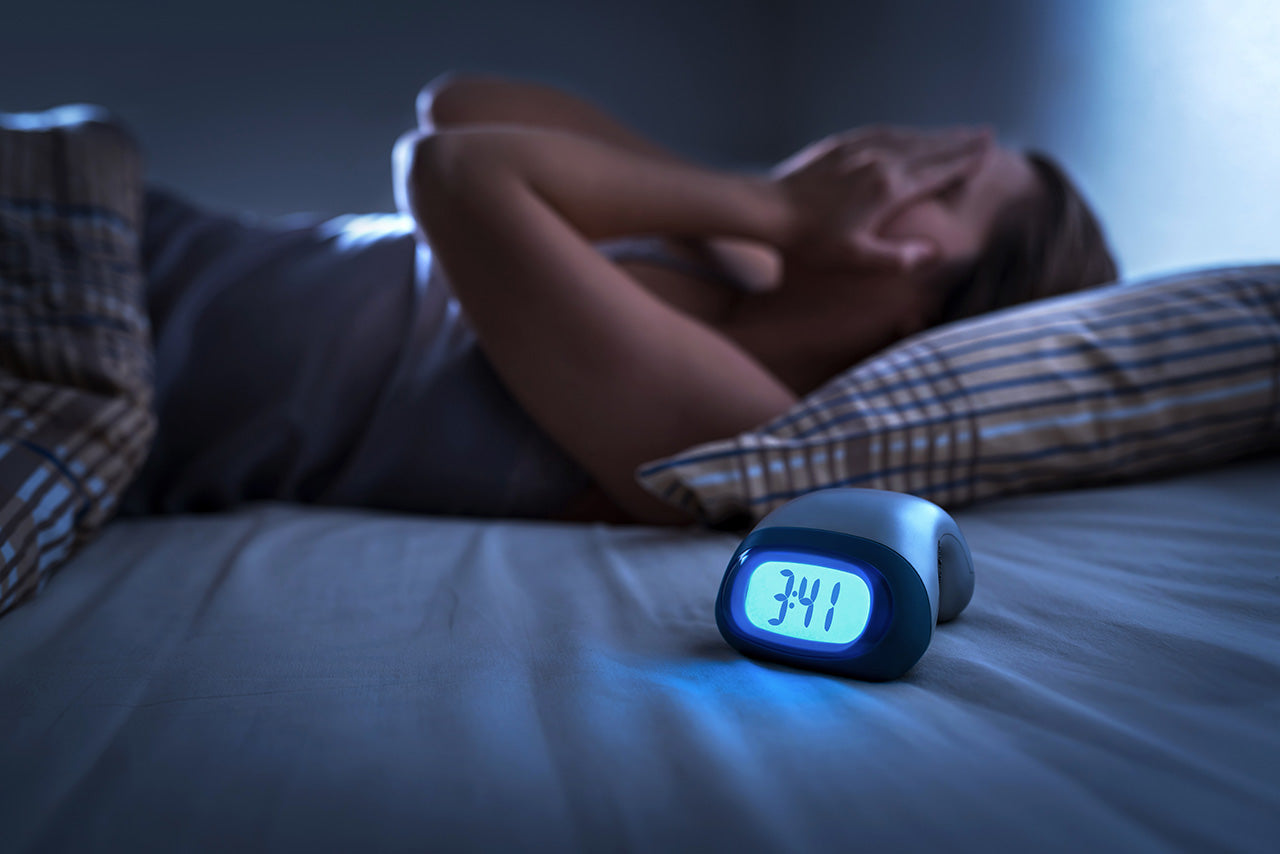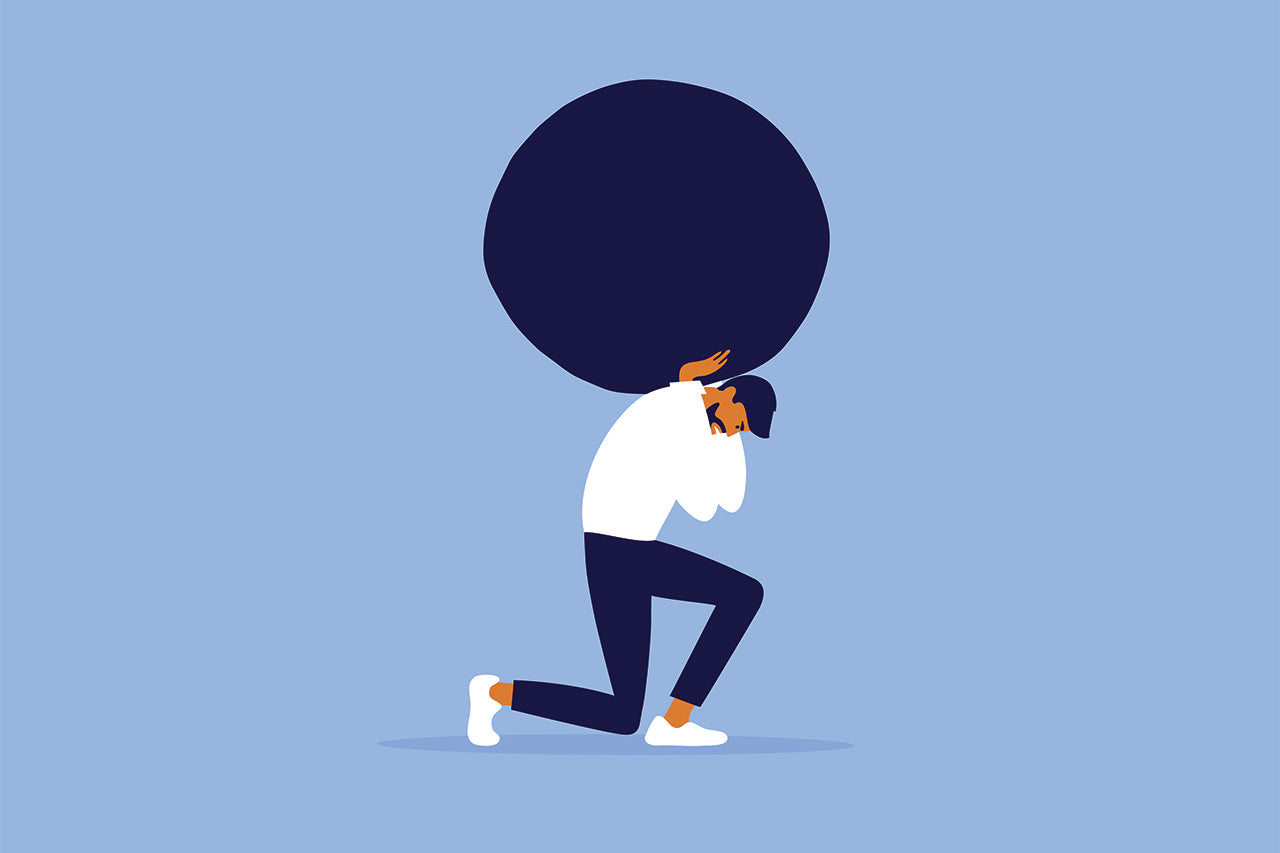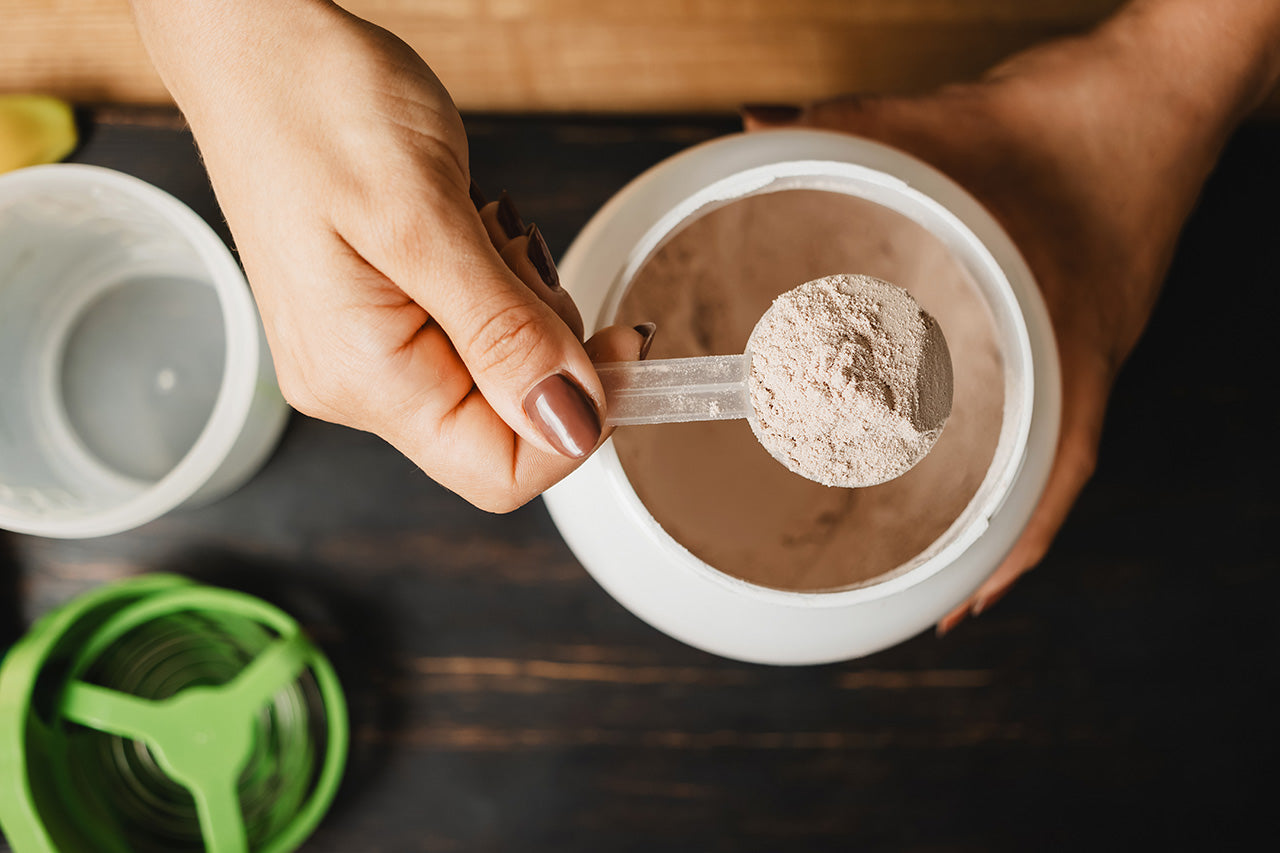
WELLNESS
Can Ashwagandha Improve Your Sleep Habits?

We Need (More) Sleep
Let’s face it: sleep is pretty important. We can’t live without it and we certainly can’t function when we don’t get enough of it. In America, the average amount of sleep for adults is 6.8 hours- over an hour less than 1942 when over 80% of people met the standard of 7-9 hours per night of sleep⁴. These days, the statistics surrounding sleep quality in the United States are pretty alarming, though not surprising:
- Almost 50% of Americans ages 18-29 report six or fewer hours of sleep per night.⁴
- Roughly 25% of people ages 18-24 report not sleeping well due to technology.¹
- 55% of nurses experience insomnia.³
- 5% of Americans claim that poor sleep has made a negative impact on their daily life at least once in the last week.²
- The annual cost of workplace accidents linked to insomnia is estimated to be $31.1 billion.⁵
Since poor sleep quality has reached epidemic levels, research has drastically accelerated, shedding light on sleep’s profound healing properties and role in disease prevention. Prestigious institutes like the Mayo Clinic and the National Institute of Health are even calling sleep the “third pillar” of good health, alongside diet and exercise.
Healthy sleep is critical for cardiovascular and metabolic regulation, endocrine function, neural development, mood, and cognition. A “good night’s sleep” doesn’t just mean sleeping 7 to 9 hours—it also means cycling through the phases of our sleep cycle (light, deep, and rapid eye movement (REM)) multiple times a night.
The Truth Behind Good Sleep
Apart from experiencing brain fog, feeling down in the dumps, and having low energy, chronic poor sleep can have seriously detrimental effects on the rest of your health. It’s now associated with obesity, anxiety or depression, and cardiovascular disorders.
This makes sense, as sleep is the only time for certain critical functions to be performed. For example, sleep facilitates the clearance of metabolic waste via the glymphatic system (basically, our brain’s own lymphatic system) that can’t be accessed when our body is awake. Many people who are chronically deprived of sleep have chronically elevated cortisol levels because cortisol is the hormone that tells us we are awake, alert, and ready for action. This is a wise mechanism by our body but one that can run us ragged and pack on the pounds if we aren’t careful. What’s more, many of us who are sleep deprived grab for the caffeine as soon as we arise, further elevating our cortisol and setting us up for adrenal exhaustion if we don’t halt the brakes.
A Traditional Medicine Staple: Ashwagandha
Ashwagandha (Withania somnifera) has been a staple of traditional Ayurvedic medicine for thousands of years. Ancient and observant healers recognized this potent root’s anti-inflammatory nature and high micronutrient content. Because roots are where minerals and nutrients accumulate, these herbal medicines are often indicated wherever there is a need for nourishment and bolstering in traditional systems. Many times, those unable to fall or stay asleep simply have a nervous system that needs some nutrition (which is why Ashwagandha has become such a staple for sleep support). Along with its rejuvenating qualities, You will see Ashwagandha indicated for a number of maladies from inflamed joints to infertility, anxiety, and improving both physical and mental performance.
Ashwagandha’s Role in Supporting Sleep
Many times, sleep doesn’t come easily due to a dysregulated nervous system. Since all adaptogens work to improve your stress response system - which includes your nervous system (along with our endocrine and immune systems) - they can also improve your ability to sleep soundly over time.
However, some adaptogens shine more than others when it comes to directly improving sleep, and ashwagandha is one of them. In particular, ashwagandha supports those who have a hard time sleeping due to an erratic schedule, which can disrupt our circadian rhythms. The calming and restorative nature of ashwagandha serves to moderate the effects of an unsettled schedule, helping one to both fall asleep and stay asleep.
Best Practices for Taking Ashwagandha for Better Sleep
If you are hoping to see improved sleep by taking ashwagandha, it’s best to be consistent and steadfast. Aim for one serving, 2 to 3 times a day for at least a week to allow the herb to work its magic on your nervous system.
References
- TIME Mobility Poll, in cooperation with Qualcomm. August 2012. https://www.qualcomm.com/media/documents/files/time-mobility-poll-in-cooperation-with-qualcomm.pdf
- "Sleep Health Index." SleepFoundation.org. 2018. https://www.sleepfoundation.org/shi
-
Safety and Health Magazine. (February 8, 2022) Poor sleep another obstacle for nurses amid pandemic: survey.
https://www.safetyandhealthmagazine.com/articles/22237-poor-sleep-another-obstacle-for-nurses-amid-pandemic-survey - Jones, Jeffrey. (December 19, 2013). https://news.gallup.com/poll/166553/less-recommended-amount-sleep.aspx
- Shahly, V., Berglund, P. A., Coulouvrat, C., Fitzgerald, T., Hajak, G., Roth, T., ... & Kessler, R. C. (2012). The associations of insomnia with costly workplace accidents and errors: results from the America Insomnia Survey. Archives of general psychiatry, 69(10), 1054-1063.



















